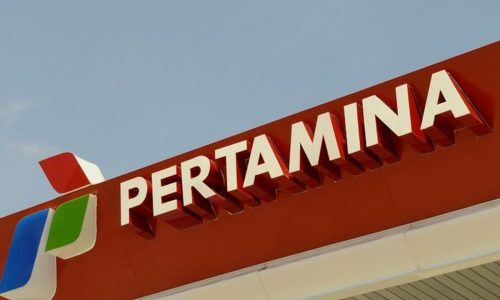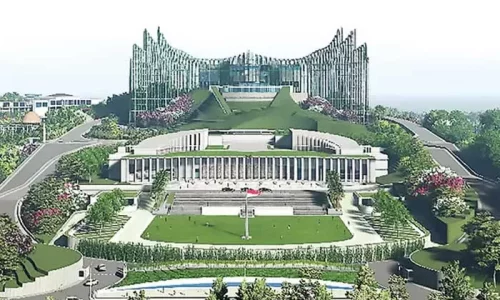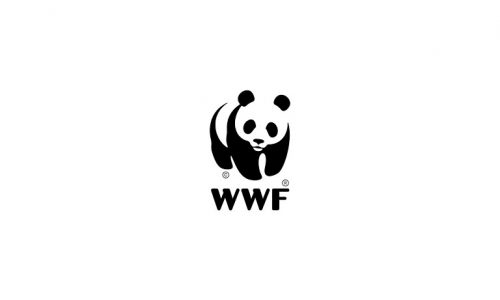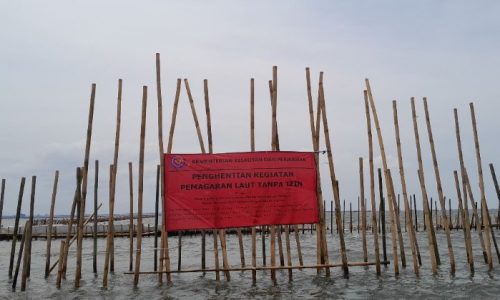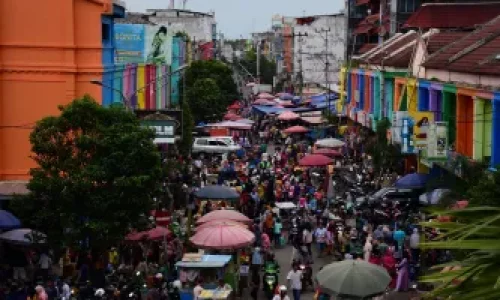PT Semen Baturaja (SMBR), a subsidiary of State-owned cement producer PT Semen Indonesia (SIG), remains optimistic about closing 2024 with positive performance even though the national cement industry is experiencing market oversupply, with the South Sumatra-based company recording a 1-percent increase in sales volume as of third quarter of 2024 compared to the same period in the previous year.
SMBR President Director, Suherman Yahya, said the company took advantage of the momentum of increasing demand in the fourth quarter, especially approaching Christmas and New Year.
“We see the potential for increased cement sales at the end of the year, driven by a strengthening demand cycle,” Suherman told SMBR’s Public Expose on Friday, December 6, 2024.
However, challenges remain, especially in the Southern Sumatra region. Cement demand in this region was recorded to have decreased by 1.4 percent annually, especially in South Sumatra and Lampung provinces. Nevertheless, SMBR managed to maintain sales stability through an adaptive strategy.
Optimism in 2025
Entering 2025, SMBR is optimistic about taking advantage of opportunities from government programs that focus on infrastructure development.
“The program to build 3 million houses and exemption from taxes imposed on the acquisition of land or building rights (BPHTB) for certain categories will be the main drivers of cement demand,” Suherman said.
Based on data from the South Sumatra Provincial Housing and Settlement Agency, families who do not have a house, with a backlog reaching 340,256 Families (KK) or around 17 percent of the total 2,014,081 families in South Sumatra. This, along with other government projects, also has the potential to drive the demand side of cement.
At the national level, cement demand is projected to grow 1 percent in 2025, with the industrial utilization rate increasing by 1 percent compared to 2023. Although utilization is still below pre-pandemic levels, the prospects for cement industry recovery look positive.
To face market competition, SMBR is also strengthening the contribution of non-cement products such as white clay and limestone. In addition, the company produces Portland Composite Cement (PCC), which is environmentally friendly and has been awarded with Green Label by the Green Product Council Indonesia.
PCC uses materials that reduce carbon emissions by up to 38 percent compared to conventional cement. With a Domestic Component Level (TKDN) reaching 89.34 percent, this product far exceeds the minimum limit set by the government, which is 40 percent.
“With these various strategic efforts, SMBR not only supports national development but is also committed to reducing environmental impacts. We are confident that this measure will ensure that the company’s performance remains positive in the future,” Suherman concluded.



